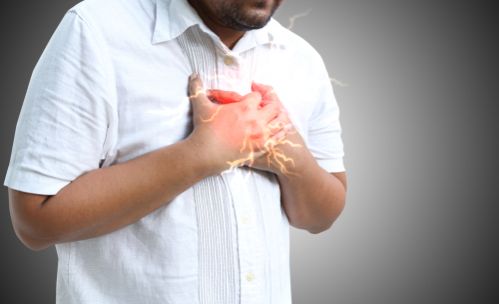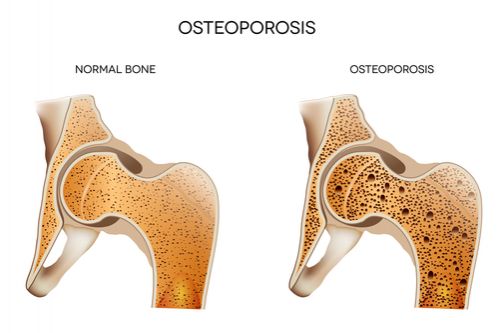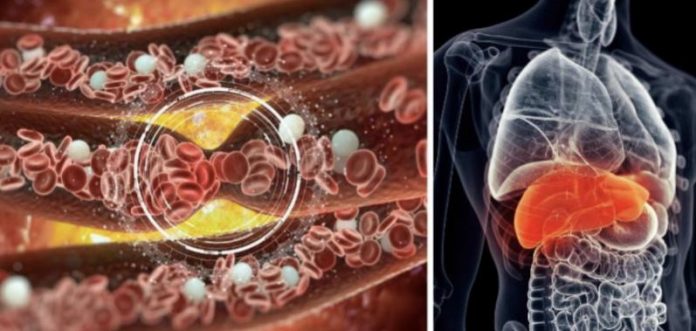Magnesium, a vital mineral abundant in various foods, is pivotal for DNA maintenance, repair, and the health of bones, muscles, and nerves. Although magnesium is readily available, a significant portion of the population falls short of meeting their magnesium needs, resulting in various telltale signs and symptoms. In this article, we will meticulously explore 12 distinct indicators, from 1 to 12, which could signify a requirement for increased magnesium intake to optimize your well-being.
- Persistent Fatigue:

Alison Boden, a functional medicine nutritionist, underscores the critical role of magnesium in about 300 different chemical reactions within the body, many of which are linked to energy production. Thus, enduring fatigue can be an early sign of magnesium deficiency.
- Muscle Twitching or Cramping:

The importance of magnesium in muscle relaxation cannot be overstated. When magnesium levels are insufficient, muscles can experience twitches and cramps, as they remain in a constant state of contraction.

Magnesium deficiency can cause blood vessels to constrict, influence neurotransmitters, diminish serotonin levels, and consequently trigger headaches, including debilitating migraines. In fact, approximately 50% of migraines are associated with a lack of magnesium.
4- Insomnia, Particularly due to Stress:

Low magnesium levels, compounded by daily stress, can lead to insomnia. Stress hormones elevate blood pressure and heart rate, depleting the body of much-needed magnesium, which can haunt you with ongoing sleep disturbances.

When magnesium levels are low, the heart may struggle to maintain a regular rhythm. Patients with irregular heartbeats often find relief through magnesium supplements prescribed to support heart health

A compromised nervous system due to magnesium deficiency can lead to heightened sensitivity to noise, primarily stemming from hyperreflexia, an enhanced startle reflex.

Magnesium deficiency can compromise the nervous system, potentially leading to seizures. The absence of magnesium impairs the stability of the nervous system, rendering it susceptible to such episodes

As previously mentioned, magnesium is pivotal for bone formation and is predominantly stored in bones. Increased magnesium intake is associated with higher bone mineral density, reinforcing its role in sustaining robust bones.

A lack of magnesium can contribute to constipation, as magnesium is a primary component in many over-the-counter laxatives, emphasizing its importance in maintaining regular bowel movements.

Magnesium deficiency can contribute to elevated blood pressure. Consuming magnesium-rich foods can play a pivotal role in regulating healthy blood pressure levels, providing a natural approach to managing hypertension.

Magnesium is instrumental in the breakdown of blood sugars. Individuals with higher magnesium intake typically have a reduced risk of developing diabetes. Ongoing research is exploring magnesium therapy as a potential treatment for diabetes.

Lower magnesium levels can disrupt neurological functions, potentially leading to mental health issues such as depression and anxiety. Some studies have suggested a connection between magnesium deficiency and the development of conditions like agoraphobia, prompting recommendations from experts like Dr. Hoffman to consider magnesium as a home remedy for alleviating these symptoms.
Conclusion:
Understanding these 12 signs, from persistent fatigue to potential mental health challenges, is crucial for maintaining overall well-being. If you recognize any of these symptoms in yourself, it is advisable to consult a healthcare professional promptly. Addressing magnesium deficiencies can pave the way for a healthier, more energized life.
Source of the picture : david wolfe










